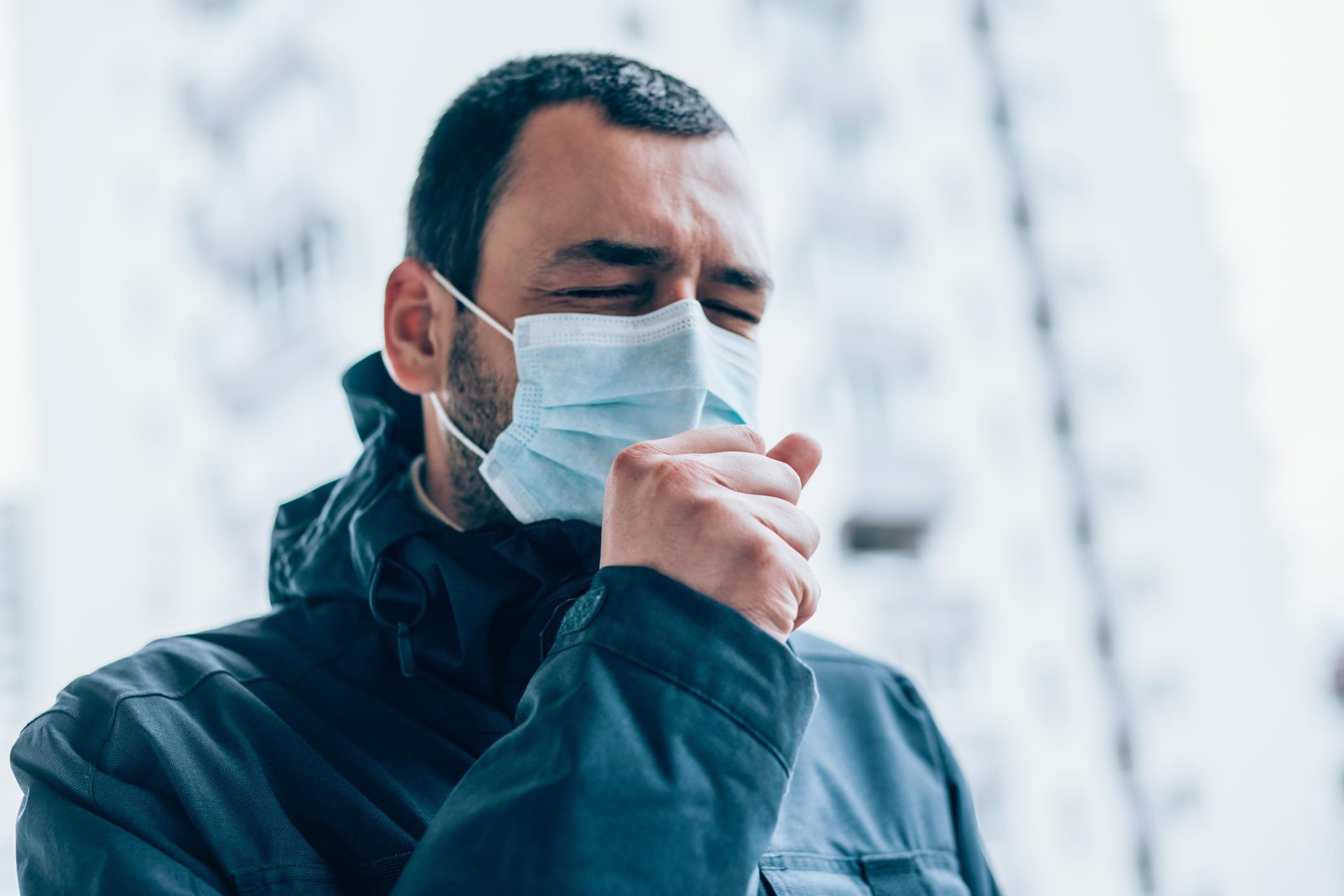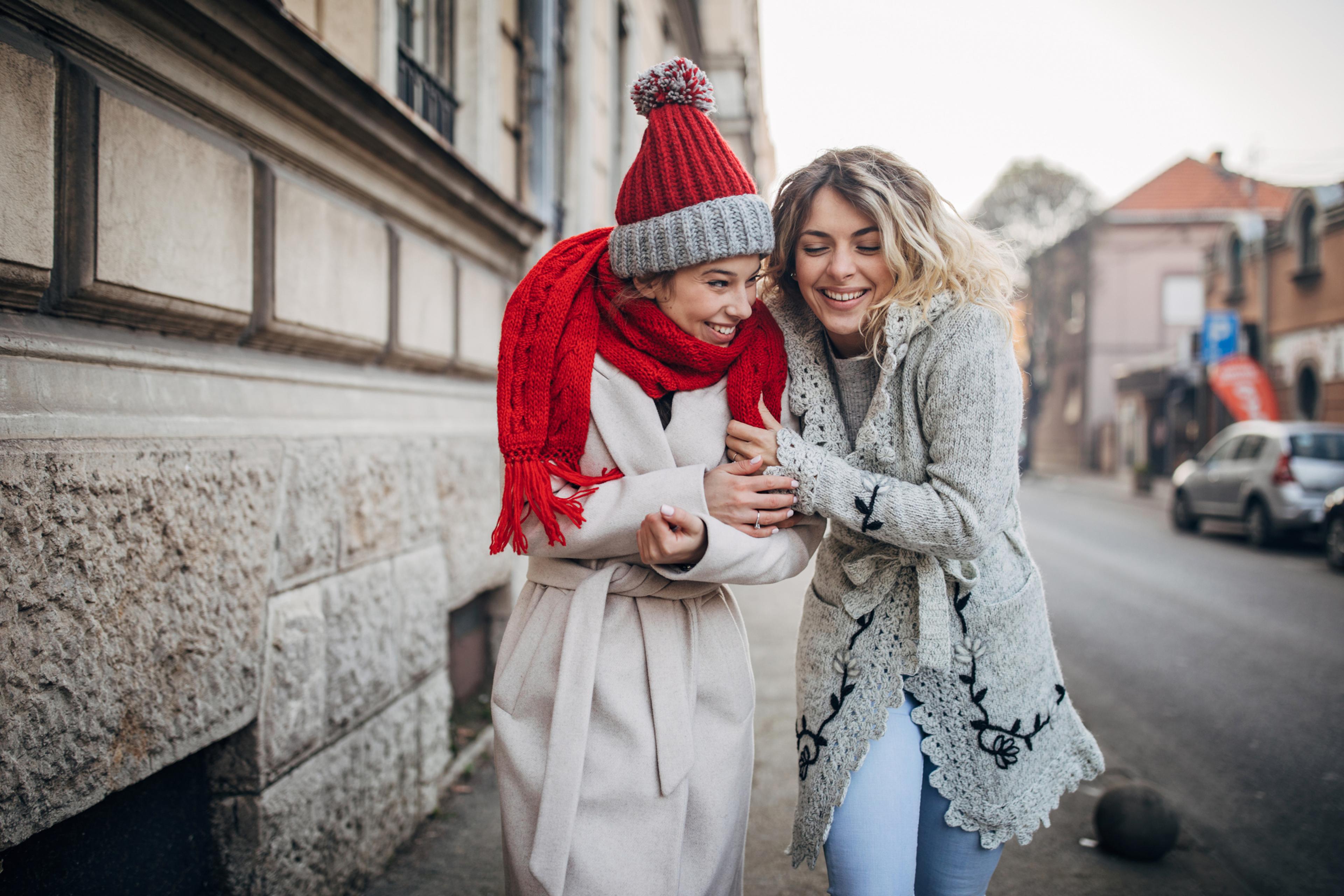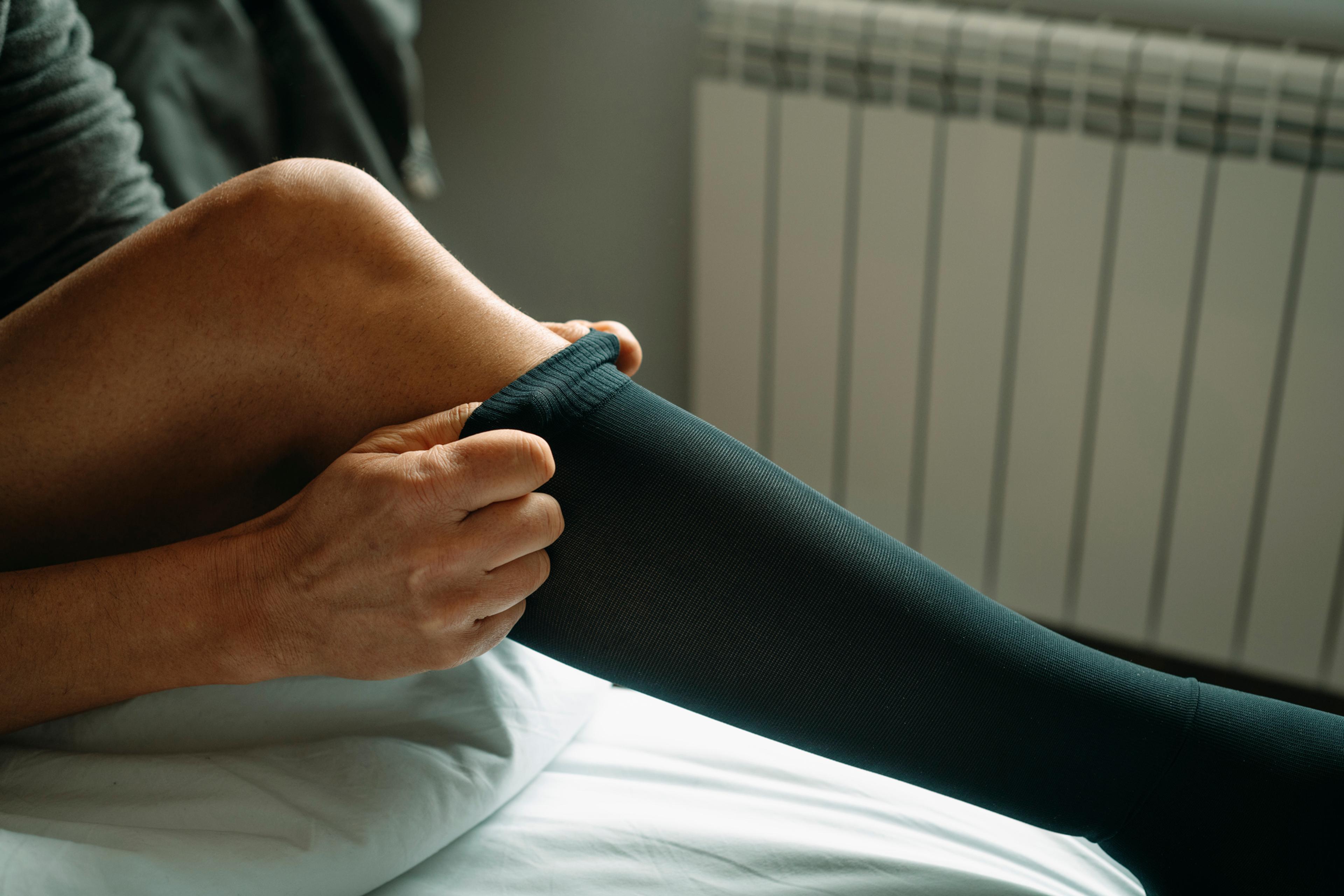
The words immunocompromised or immunosuppressed can be daunting. Yet, they describe some of the most vulnerable people in society. These individuals are at a higher risk for becoming sick from diseases and developing potentially fatal infections. An immunocompromised person is someone whose immune system is significantly weakened. It struggles to fight organisms that cause disease, heal wounds and maintain the body’s natural defenses. Due to their immune system’s reduced capacity, that person is more likely to experience severe health complications or even death.
Types of Immunodeficiency
There are two prominent types of immunodeficiency: primary and secondary. A primary disorder is one that you’re born with. A secondary disorder is one caused by diseases such as cancer, diabetes and HIV/AIDS, as well as treatments like long-term oral steroids, cancer chemotherapy, monoclonal antibodies, radiation therapy and immunosuppressive medications given to prevent rejection of organ transplants.
Vaccinations
Most people receive up to 14 vaccines between birth and age six to prevent serious illnesses like tetanus, chicken pox, influenza and measles. But for the immunocompromised, certain live vaccines can have an adverse effect if administered at the wrong time for the patient’s condition. Physicians must take extra precautions and adhere to a different schedule according to the individual’s current condition.
Herd Immunity
Herd immunity, also known as community immunity, is a way of combating biological threats through group vaccinations or prior exposure. When most of a population is immune to an infectious disease, it lessens the likelihood for illness to spread. There are fewer viable carriers, which inhibits the ability of diseases to transfer from person-to-person. It also shields those who are unable to receive necessary vaccinations. In the ongoing pandemic of a new coronavirus that causes COVID-19, there is no herd immunity as this strain of the virus has never been identified before. That heightens the threat of the rapid spread of COVID-19, particularly for people who are immunocompromised.
Health Risks
Under normal conditions outside of the ongoing COVID-19 pandemic, activities like traveling and attending social gatherings are typically non-threatening for the average person. But for someone with an immunodeficiency, they can be cause for alarm. There’s a risk of being exposed to someone with a highly contagious condition, whether it’s a cold, the flu or even conjunctivitis (pink eye).
Safety Precautions
Good hygiene is one of the most effective ways to minimize illness in social settings. Everyone, immunocompromised or not, should wash their hands regularly with soap and water. This should occur before and after handling food, trash, animals or using the restroom. You should also sanitize your hands if you’ve interacted with multiple people throughout the day. Precautions like regularly washing hands are especially important to protect yourself and others who may be immunocompromised during the COVID-19 pandemic. Adhering to social distancing requests from officials and self-quarantining yourself if you think you’ve been exposed to COVID-19 are additional measures to take to protect everyone’s health. These basic precautions can protect you from biological threats, both seen and unseen. Read more:
Photo credit: VioletaStoimenova





